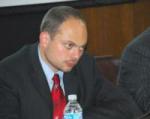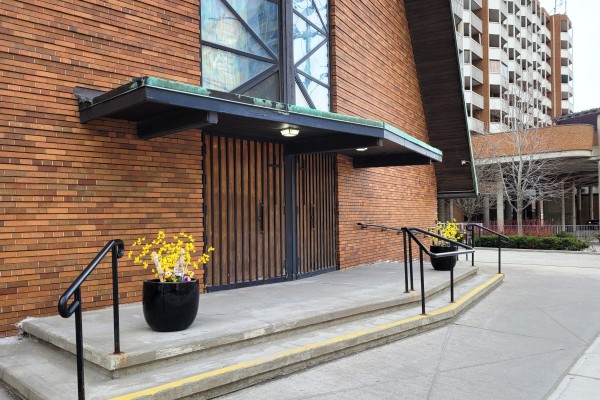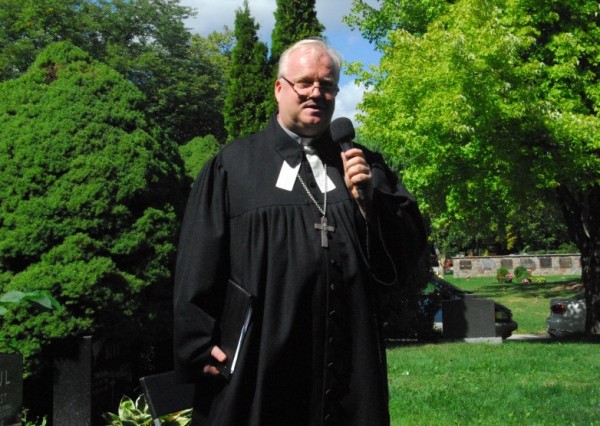
MOSCOW — It is difficult to challenge an authoritarian system through an election it fully controls. Yet Muscovites managed to do just that on Sunday, sharply reducing the presence of Vladimir Putin’s United Russia party in the city legislature; sending many of its top candidates to humiliating defeats; and delivering the biggest electoral shock in the Russian capital since the Democratic Russia bloc wiped out the Communist Party in the 1990 city council election. And the opposition pulled this off even though most of its candidates had been blocked from the ballot and could only contribute to the campaign through messages passed from their jail cells.
In the past, elections to the council, which is known as the Moscow City Duma, rarely attracted much interest. This changed after 2017, when hundreds of pro-democracy activists won seats on municipal councils, gaining a foothold in city politics and setting sights on higher office. This year, the opposition fielded a roster of candidates who stood a serious chance of winning (despite the Putin regime’s manipulation of the elections) and had real experience in local government. One pre-election poll by the respected Levada Center showed opposition candidate and municipal leader Ilya Yashin leading his pro-government opponent among likely voters by 28 percentage points (33 percent to 5 percent).
The Kremlin faced the possibility of a strong opposition presence in a city that has shaped Russian politics for a century. Historical parallels must have looked uncomfortable too: in many post-Communist states, from Serbia to Georgia, opposition victories in capital cities preceded change on the national level.
The risk seemed high, and the authorities decided to take no chances: Most opposition candidates (including Yashin) were disqualified; many of them were jailed for the duration of the campaign; peaceful demonstrators were brutally dispersed by riot police and the National Guard. Tens of thousands of Muscovites took to the streets in protest, but the government was still confident — after all, how could its candidates lose when their opponents are not on the ballot?
Where there is a will, however, there is always a way. It was not possible to present a real alternative or create genuine competition in the 2019 Moscow election. So opposition activist Alexei Navalny and his Anti-Corruption Foundation proposed a tactic they referred to as “smart voting.” The idea was to humiliate pro-regime candidates by backing placeholders from other registered parties who were placed on the ballot to create the semblance of choice. And this is precisely what Muscovites did on Sunday — with spectacular results.
Of the 45 seats in the Moscow Duma, 20 were won by opponents of pro-government candidates. The beneficiaries include the liberal Yabloko party, which is returning to the legislature after a decade’s absence. Its founder, Grigory Yavlinsky, already announced that the party’s main task will be to fight for the release of political prisoners, including those arrested in the summer protests. While United Russia maintains a thin majority of seats, it has lost in terms of votes cast — about 586,000 votes to 578,000 — to candidates backed by its opponents.
United Russia candidates (who officially stood as “independents” for fear of association with a toxic brand) who were defeated on Sunday include the leader of the party’s Moscow branch, Andrei Metelsky; fellow Duma member Anton Molev; and Valeria Kasamara, provost of the Higher School of Economics, whose victory was supposed to be assured by the removal not only of Yashin but of the Communist candidate, as well. The winner in her district was a little-known Chechen-born academic who was backed by Yashin a few days before the vote; he won by six percentage points.
Perhaps the most comical result came from the north side of Moscow. The opposition candidate in District 3 was Alexander Soloviev who, like others, had been barred from the ballot and arrested. Among his opponents was another man named Alexander Soloviev, a spoiler nominated by one of the smaller registered parties — an engineer with no apparent interest in politics who had not met with voters, held any campaign events or even made an appearance in the district.
Days before the election, the opposition backed the spoiler as a tactical move against United Russia — and he cruised to victory without as much as lifting a finger. “Guys, you forgot to remove a spoiler you put there yourselves — and you lost even to him,” the “real” Soloviev wrote from his jail cell. Commentators are comparing the result to the popular Russian comedy film “Election Day,” which features a politically ignorant massage therapist who suddenly finds himself winning a gubernatorial race thanks to the work of a professional PR team.
The Moscow result should be an eye-opener for anyone who still believes the myth of the ruling party’s “popularity.” Even in the absence of genuine alternative on the ballot, voters backed literally anyone — as long as it was not the candidate from United Russia. For better or worse, Russian politics is made in Moscow. It seems the capital has already rejected Putin’s party. It is only a matter of time before the country follows suit.


























